The Ethics Olympiad: Next Level Debating?
June 21, 2023
This term, a group of Year 11 students, led by the fearless Mr Noble, participated in the annual ‘Ethics Olympiad’; a competition hosted to challenge students. It is described by founder Matthew Willis as “[providing] schools and universities with a unique opportunity to develop skills in critical thinking, collaboration, and communication. It is designed to get students thinking, talking, and ultimately working together on some of the tough moral issues of our time. Our objective is to do more than just help them think through ethical issues: It is to teach students how to think through ethical issues together, as fellow citizens in a complex moral and political community.” The Ethics Olympiad, while originally developed for Australian and New Zealander students, features competitors from countries throughout the Asia Pacific, including India, Hong Kong, and Singapore.
Likely the biggest question on your mind at this moment is “What even is an Ethics Olympiad?” In summary, the Ethics Olympiad is a competition where teams are presented with ethical cases, such as the traditional yet controversial topic of bullfighting in Spanish culture and participate in a discussion of the morality of the case, as well as if they support or deny the case. Unlike traditional debating, the Ethics Olympiad is not about arguing for a specific opinion or voice, however, it is about developing effective communication and problem-solving skills, those that are essential in the modern day.
The day consisted of four rounds, including one practice round, followed by three scored rounds, each separated by a break. A round included two cases, with each team discussing one case, and responding to the opposing team’s presentation on the other. After the team had made their discussion, as well as the response from the opposing team, the judge had time to ask clarifying questions, forcing students to think on their feet as to how they would respond to the moral issue presented to them.
After the round, the judges provided feedback on both teams, indicating how they could improve their discussions and responses. The judges, as well as all the participating students and coaches, gave the event a wonderful atmosphere. The Ethics Olympiad is marked in a way that benefits collaborative thinking, both in the separate teams and as a collective through the responses. This final feedback provided by the judges allowed the teams to build on their skills throughout the day.
A huge congratulations to both WCC Blue Team and WCC Green Team for their efforts on the day. Utilising the feedback given by the judges, Green managed to earn the title of most improved over the course of the Olympiad, and Blue Team earnt 5th place for their efforts throughout the day!
A big thanks to Mr Noble and We Are’s very own Ellina G (Year 11) for coordinating WCC’s involvement in this competition, and we hope to see WCC in 1st place next year!






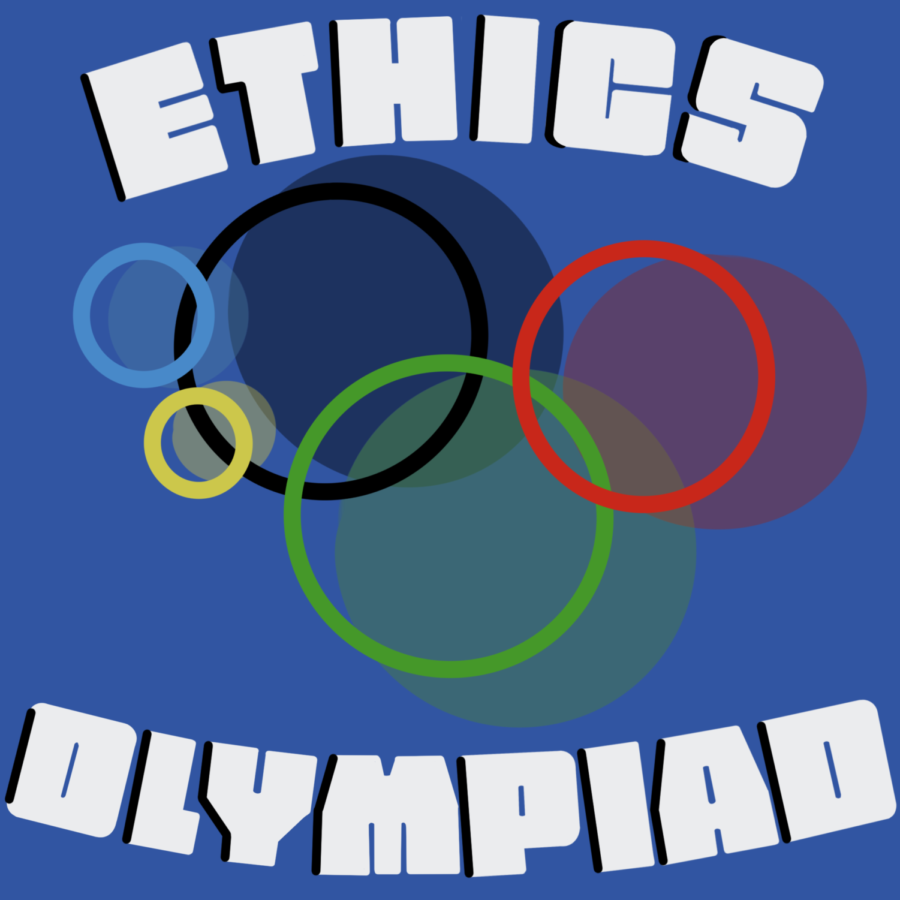

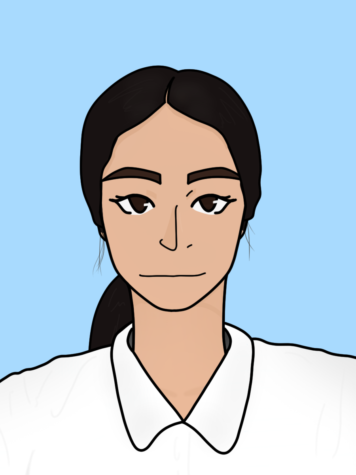
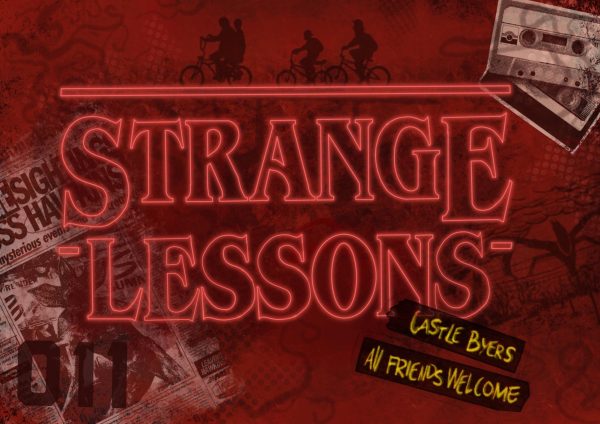
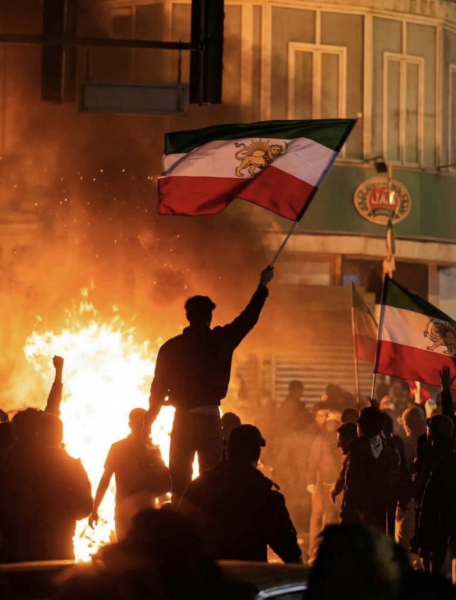


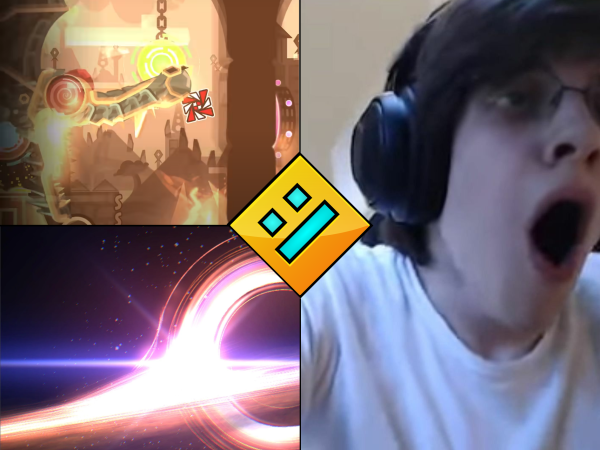

Daniel Whorlow • Jun 21, 2023 at 3:14 pm
Great article Patrick! The Ethics Olympiad was lots of fun!